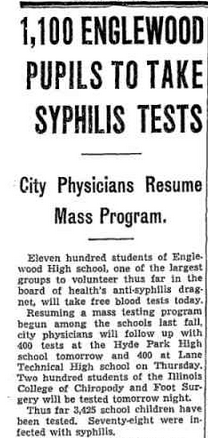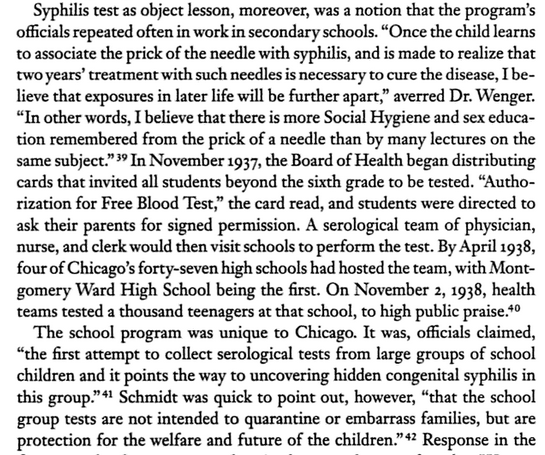Category:
Civic Duties
Civic Duties
Hair length and voting
In 1969, the Wyoming Senate approved an amendment to lower the voting age to 19, but added the condition that young men would only be able to vote if they had short hair conforming to military standards. No similar condition was imposed on young women.
Billings Gazette - Feb 8, 1969
Some more details from "Let us vote!": youth voting rights and the 26th amendment by Jennifer Frost:
Some of the opposition at the time could be outrageous—and unconstitutional. In Wyoming a rogue state senator, J.W. Myers, proposed an amendment to the 19-year-old vote requiring all voters to met military grooming standards. "If we're going to give these youngsters voting privileges, they should look like citizens," Myers insisted. Their hair should be "at a length and grooming to meet standards prescribed by the military service." A Montana state senator, Joseph B. Reber, made the same claim. If young people are going to vote, "they should get a shave and a haircut and be like the rest of us."
Although Myers's amendment may have started as a joke, the Wyoming Senate initially passed it before finally removing it. "Young people in Wyoming were not laughing. They were embarrassed. They were shocked," wrote Philip White, the editor of the Branding Iron, the student newspaper at the University of Wyoming. Making appearance a qualification for suffrage was unconstitutional, and Myers knew it. Neither hair, clothing, nor skin color could be taken into consideration for determining voting rights, White explained. Young people wanted the vote. "But we will not stand to be judged by the length of our hair." In the end the controversy subsided, and the Vote 19 referendum would go before the state's electorate in November 1970.
Although Myers's amendment may have started as a joke, the Wyoming Senate initially passed it before finally removing it. "Young people in Wyoming were not laughing. They were embarrassed. They were shocked," wrote Philip White, the editor of the Branding Iron, the student newspaper at the University of Wyoming. Making appearance a qualification for suffrage was unconstitutional, and Myers knew it. Neither hair, clothing, nor skin color could be taken into consideration for determining voting rights, White explained. Young people wanted the vote. "But we will not stand to be judged by the length of our hair." In the end the controversy subsided, and the Vote 19 referendum would go before the state's electorate in November 1970.
Posted By: Alex - Sat Nov 05, 2022 -
Comments (0)
Category: Government, Civic Duties, 1960s, Hair and Hairstyling
Chicago’s War on Syphilis

Imagine the uproar if this were attempted today.
Full article here.

Chicago's War on Syphilis: 1937-1940
Posted By: Paul - Sat Jun 10, 2017 -
Comments (5)
Category: Education, Civic Duties, Teenagers, 1930s, Diseases
The Sky Is Your Target!
"Air Flash from the Joneses!" What if they had to deal with drones?
Posted By: Paul - Tue Feb 14, 2017 -
Comments (3)
Category: War, Civic Duties, Air Travel and Airlines, 1950s
Your Town: A Story of America
Don't be a "tearer-downer," always causing a "rumpus!"
Posted By: Paul - Fri May 22, 2015 -
Comments (5)
Category: PSA’s, Civic Duties, 1940s

| Who We Are |
|---|
| Alex Boese Alex is the creator and curator of the Museum of Hoaxes. He's also the author of various weird, non-fiction, science-themed books such as Elephants on Acid and Psychedelic Apes. Paul Di Filippo Paul has been paid to put weird ideas into fictional form for over thirty years, in his career as a noted science fiction writer. He has recently begun blogging on many curious topics with three fellow writers at The Inferior 4+1. Contact Us |




